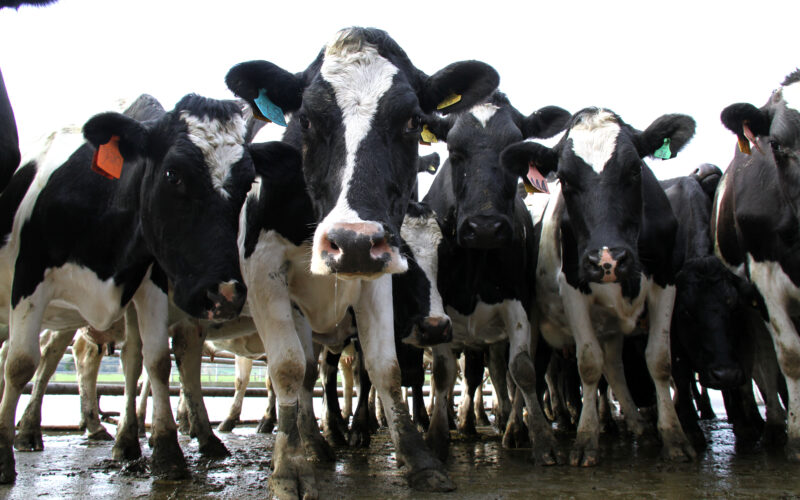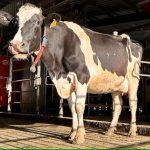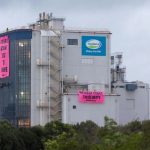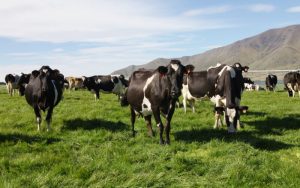
Cold, wet conditions contribute to rise in cases.
There has been a surge in salmonella cases in Southland and south Otago, says VetSouth managing director Mark Bryan.
Bryan said salmonella is usually associated with stress, and besides calving, continued wet weather and cold conditions are partly to blame for the increase.
The disease is usually spread by a small number of animals to the rest of the herd, he said.
“You can have it in perfectly fine conditions. It spreads the same way as we sometimes pick up the flu.
“In a normal season, we see isolated outbreaks. This season there’s been a surge.
“The wet weather in late August, September, October, has probably contributed significantly to the stress levels of these animals.”
The Ministry for Primary Industries confirmed it has observed an increase in cases of salmonella from the previous 12 months in the Southland region, and that animals are at increased risk of disease after extreme weather events.
Bryan said as salmonella is not common, and a farm could have an outbreak only once in 20 years, many herds are unvaccinated for the disease.
Cows get diarrhea, “go off their milk, and they lose weight very quickly. It spreads in faeces.”
Early aggressive treatment is necessary, he said.
The disease has a high degree of mortality and early identification is key.
“Keep an eye out for anything that looks suspicious. It can look a little bit like Johne’s disease. Heifers and older cows typically go sick. If there’s any sign of scouring then you know. Separate those animals before it does too much damage. If you get it early and treat it aggressively, you can save the animals, and you can minimise the outbreak.”
Salmonella is a human health risk and hygiene in the shed is important, Bryan said.
“Older people and young kids are vulnerable to it. Don’t drink unpasteurised milk from the vat.”
You can now read the most important #news on #eDairyNews #Whatsapp channels!!!
🇺🇸 eDairy News INGLÊS: https://whatsapp.com/channel/0029VaKsjzGDTkJyIN6hcP1K





















